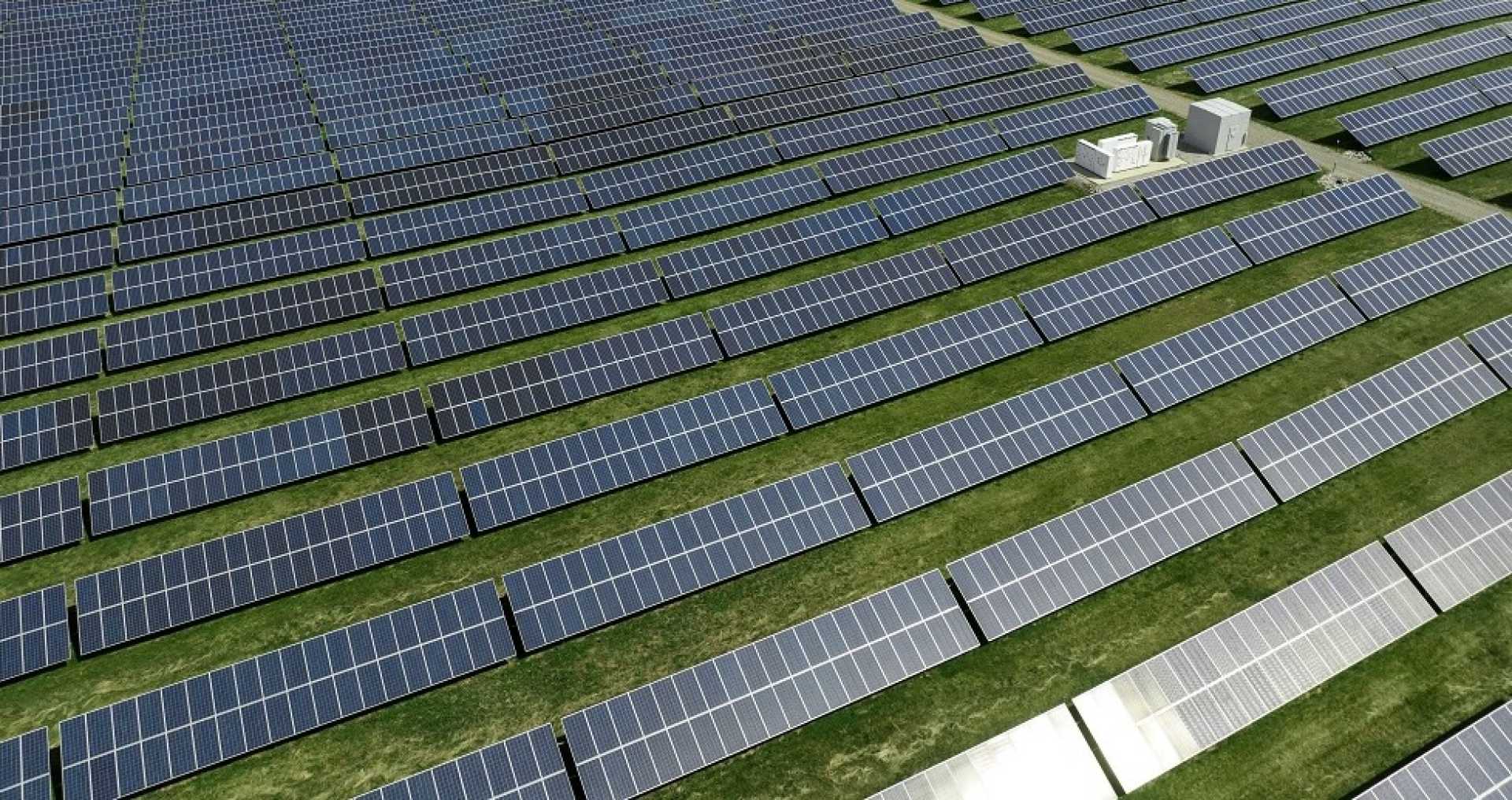Business
Ford and DTE Ink Historic Clean Power Agreement Amid Troubling Industry Trends

DETROIT, Michigan – Ford Motor Company has announced a significant clean power purchase agreement with DTE Energy, marking the largest such deal in U.S. history as the auto industry navigates challenging economic conditions and shifts in federal energy policy.
The agreement involves the purchase of 650 megawatts of renewable energy, enabling Ford to attribute all its electricity use in Michigan to clean power. The deal signifies a major milestone for the company and the state’s push toward sustainable energy practices, especially in the context of rising climate change concerns.
“Ford’s purchase of 650 megawatts of renewable energy from DTE’s CleanVision MIGreenPower program is the largest such purchase from a utility in U.S. history,” said DTE in a statement. This landmark agreement showcases the increasing interest among business leaders in clean energy solutions despite potential regulatory hurdles.
Energy purchase agreements (PPAs) serve as vital tools in the renewable energy sector, allowing companies to secure financing for new power projects like solar and wind plants. First introduced under federal law in 1978, PPAs have transformed energy procurement, providing stability for developers while encouraging investment in renewable resources.
The significance of this new PPA extends beyond its history-making aspect. It encompasses multiple solar arrays, with construction of the first, a 100-megawatt facility near Coldwater, Michigan, already underway. Amir Mirshahi, Ford’s director of Utilities and Energy Infrastructure, highlighted the impact of the deal on the company’s operational goals: “It represents a significant step toward our goal of achieving carbon neutrality and will also help make our local Michigan communities more resilient to the impacts of climate change.”
Mirshahi emphasized the broader implications of PPAs, noting that electricity generated from renewable projects feeds into the grid, mixing with other energy sources. “Ratepayers still have to use whatever comes through the wires, including fossil energy. However, PPA purchasers are authorized to attribute their clean kilowatts to their own energy profile,” he said.
Amidst this progress, DTE Energy has voiced criticism regarding the current federal energy policies that are perceived to limit the expansion of renewable resources. “Our customers—whether they are large manufacturers like Ford, or families—are telling us they want more renewable energy, and we will continue to develop and deliver it to them,” stated Matt Paul, DTE president and CEO.
Despite federal resistance, DTE plans to proceed with its sustainability agenda. The company has committed to bringing three new solar parks online in 2025, adding to its capacity and bolstering Michigan’s clean energy initiatives. “The developments will help DTE make significant progress toward achieving net-zero carbon emissions,” the company noted.
DTE’s renewable energy portfolio currently comprises 20 wind parks and 34 solar parks throughout Michigan, demonstrating a persistent belief in wind and solar power as effective solutions for enhancing the national energy grid.
The move also stands in stark contrast to federal support focused on traditional fossil fuels and limited assistance for renewable projects. While certain forms of renewable energy, including geothermal and biofuels, receive governmental backing, solar and wind compete with various policy obstacles that impede their growth.
The future of renewable energy in Michigan appears promising, and with Ford’s backing, it is likely that collaborative efforts between industry leaders and utility companies will continue to advance the clean energy landscape despite external uncertainties.












